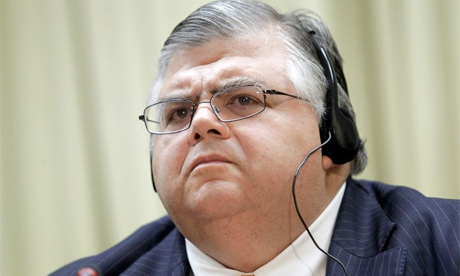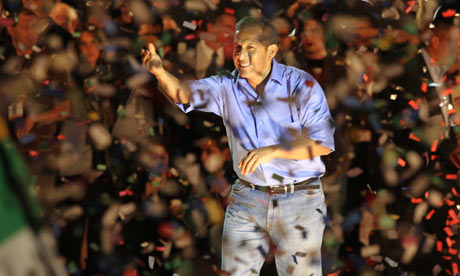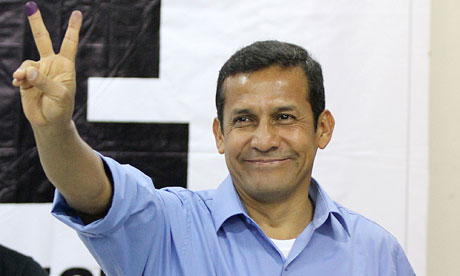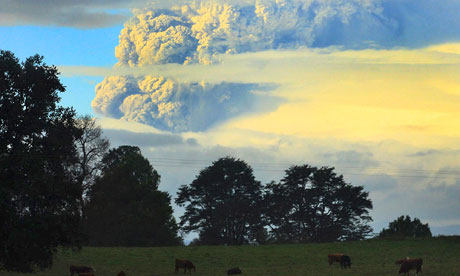 In possibly the biggest scandal to hit Mexico’s national soccer team since the team was barred from the 1990 World Cup, five players tested positive for a banned substance.
In possibly the biggest scandal to hit Mexico’s national soccer team since the team was barred from the 1990 World Cup, five players tested positive for a banned substance.“(On Wednesday night) we received the anti-doping analysis of 14 players of the 'Tri' that were done on May 21 and five players showed positive,” said the general secretary of Mexico’s soccer federation (FMF, in Spanish) Decio de Maria yesterday. De Maria added that the tainted players were kicked off the team currently playing in the Gold Cup and that they could face a suspension of as much as two years.
The five players tested positive for clenbuterol, which is a banned agent used to treat breathing disorders but is also regularly used by dopers. De Maria and others in the FMF believed that the players ate accidently tainted meat and tests were being done on several suspected beef samples. Meanwhile, the five will reportedly undergo retesting later today at UCLA.
Update: The Mexican government denied the FMF's allegations of meat tainted with clenbuterol. "(Mexico's) health department said Friday that cases of contaminated beef in Mexico are fewer than one in a million," according to the AP.
Among the group of players that failed drug testing was Brazilian-born midfielder Antonio Naelson "Sinha" and defender Edgar Dueñas. Guillermo Ochoa may be the player most hurt by the failed test after Carlos Reinoso, the coach of his club team in Mexico, claimed that the goalkeeper had a “concrete offer” to play in France that was off the table after results of the failed test were divulged.
Concern over the banned players extended to Mexico’s female squad that is scheduled to play next month in the Women’s World Cup in Germany. Head coach Leonardo Cuéllar expressed his hope that his squad is clean:
“Looking at the dates (when the failed tests took place I don’t think there’s any danger. We went on tour in Quintana Roo and then to Colombia. That is my hope and I think everything is under control”The controversy didn’t seem to trouble the Mexican team much on the field last night as “El Tri” pummeled Cuba 5-0 in their Gold Cup group stage match. Nonetheless, officials with the CONCACAF regional governing body will reportedly meet today to discuss possible sanctions against the Mexican team.
Image – Los Angeles Times (“Mexico goalkeeper Guillermo Ochoa Mexico during a 5-0 victory over El Salvador in Gold Cup qualifying on Sunday.”)
Online Sources- centraldeportiva.com, Canadian Press, Milenio, ESPN Soccernet, The Guardian










